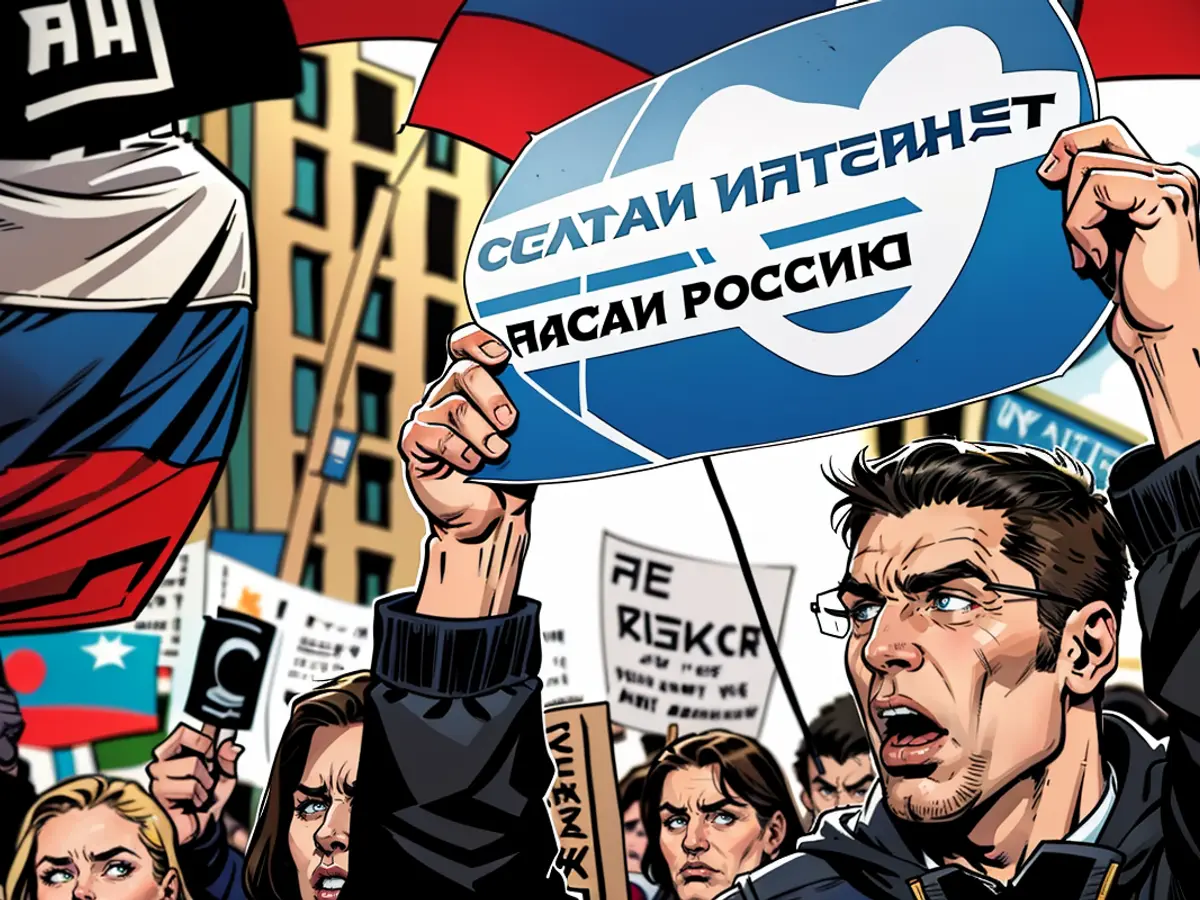Censorship on the Internet - Russia will limit YouTube
Russian authorities are preparing to slow down the video platform YouTube in their own country. According to the Russian State Duma deputy, Alexander Khinshteyn, writing on his Telegram channel, "The download speed of YouTube on desktop computers may decrease by up to 40 percent by the end of the week, and up to 70 percent by the end of next week." Khinshteyn, the head of the Information Policy Committee in the Russian Parliament, spoke of an allegedly forced measure.
The slowing down of YouTube does not target users in Russia, but the leadership of the holding, who "still believe they can flout our legislation without consequence." YouTube is characterized by an anti-Russian policy, Khinshteyn claimed. As evidence, he cited the deletion of accounts of Russian bloggers and media on YouTube that represent the propaganda of the Kremlin.
The slowing down of YouTube on PCs is just a warning shot, threatened the politician from the Kremlin-party "All Russia." If YouTube continues to refuse, the platform will be unwelcome in Russia. Alternatives like Rutube and VK Video already exist.
In fact, Russia had already prepared for possible internet isolation from international resources before the start of its military campaign against Ukraine. Since the beginning of the war, the Russian regulatory authority has blocked thousands of internet pages to silence critical voices.
- This censorship practice on YouTube is not unique to Russia, as media outlets worldwide have faced similar challenges on the video platform due to conflicts over content.
- The Internet has become a significant battleground for influencing public opinion, with major platforms like YouTube often caught in the crossfire between governments and media outlets.
- Moscow's decision to slow down YouTube's speed is a reminder of the power dynamic between governments and tech giants, particularly when it comes to issues of media censorship and international conflicts.
- Russia's move to restrict access to YouTube reflects a broader trend of countries asserting control over digital platforms, although the long-term consequences of such actions remain uncertain.








